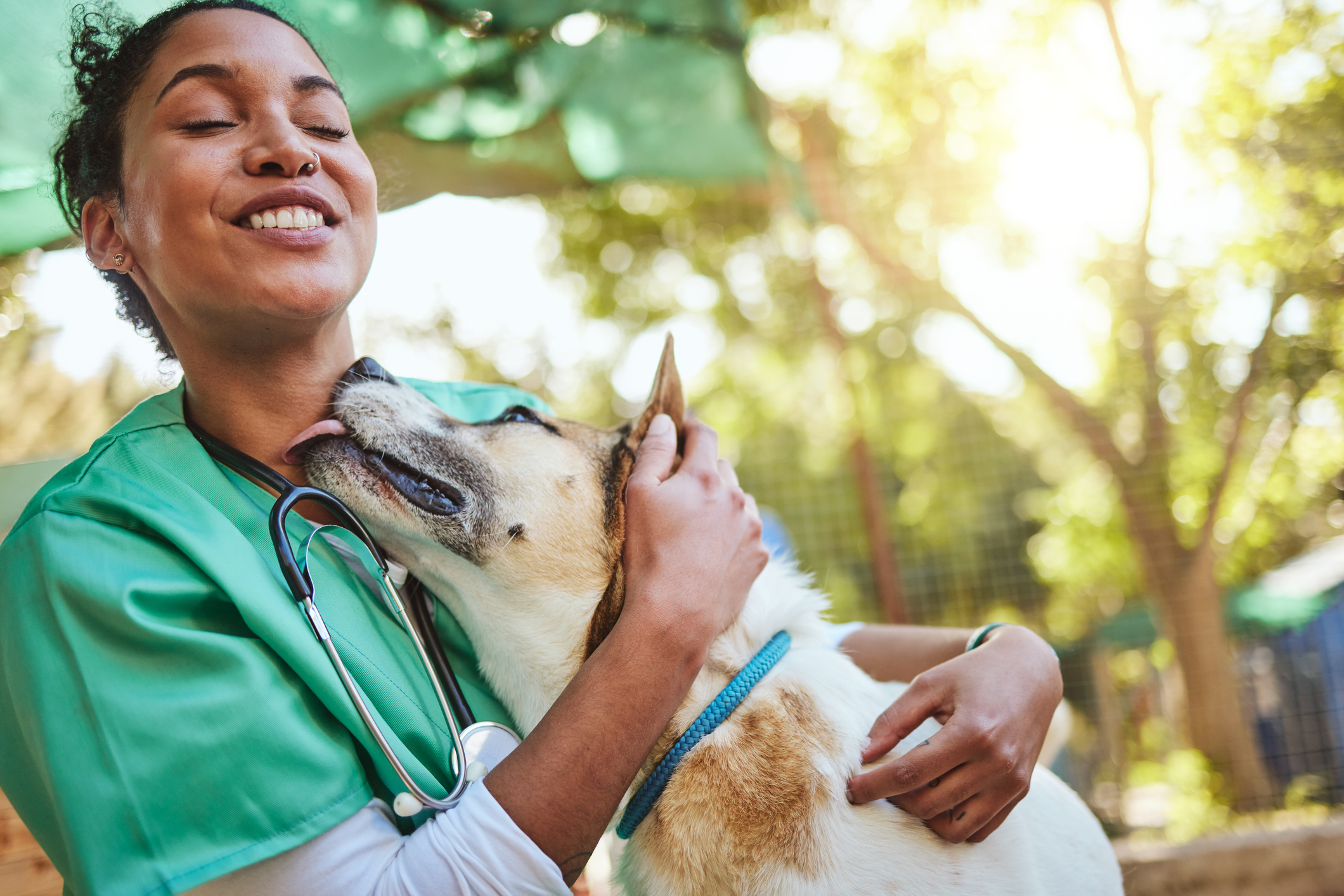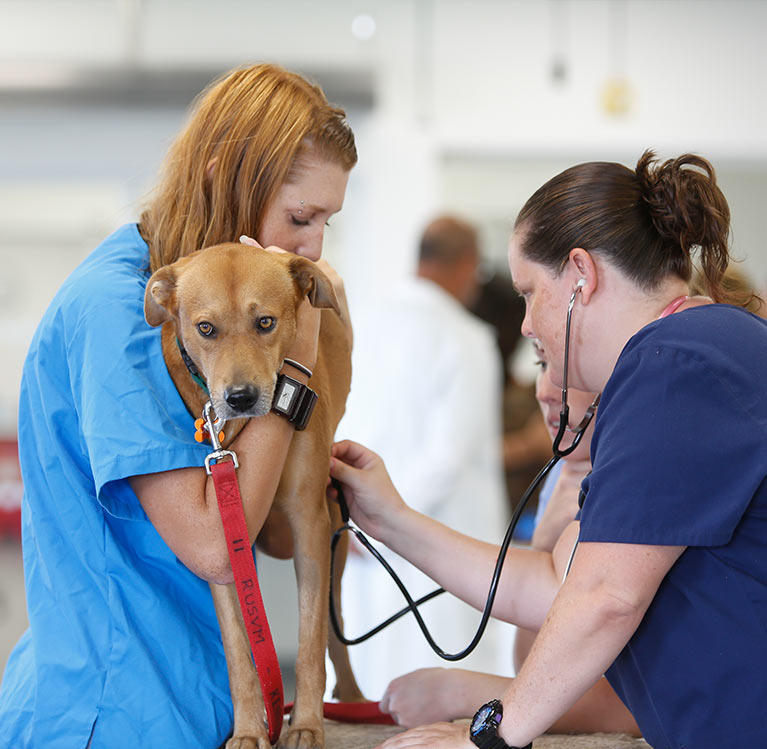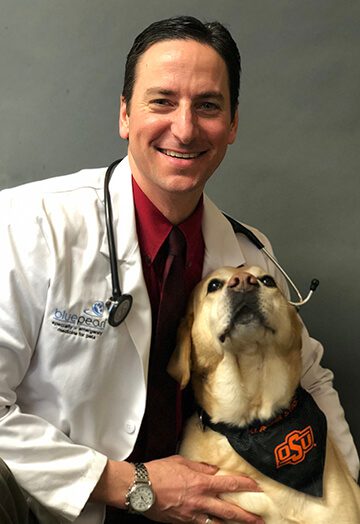Maintain Your Pet Safe with Normal Pet Vaccinations from a Relied On Veterinarian
Maintain Your Pet Safe with Normal Pet Vaccinations from a Relied On Veterinarian
Blog Article
Vaccination Guidelines From Your Trusted Veterinarian
Vaccination guidelines provided by your relied on veterinarian play a crucial role in securing your pet dog's wellness and well-being. Additionally, addressing usual mistaken beliefs bordering injections can better improve family pet proprietors' self-confidence in these preventative steps.

Importance of Vaccinations
Vaccinations play a pivotal role in securing animals against a series of preventable diseases. By promoting the body immune system to recognize and fight particular virus, vaccinations substantially reduce the occurrence of contagious illness that can impact a pet dog's health and wellness and long life. Not only do inoculations secure specific animals, however they also contribute to herd immunity, therefore reducing the overall prevalence of diseases in the pet dog populace.
Prompt inoculations help to mitigate the spread of illness such as rabies, parvovirus, and distemper, which can have severe consequences for both human beings and pets. Moreover, vaccinations are commonly a need for boarding centers, brushing solutions, and dog parks, making them important for those that want to mingle their family pets.

Core Vaccines for Animals
While the specific vaccination demands of pet dogs can differ based upon individual aspects, core injections are generally advised to safeguard versus the most major and usual diseases (Vet Enterprise). Core vaccines are those regarded crucial for all family pets, despite their way of life or geographical location, as they secure against highly infectious and possibly deadly illnesses
For canines, the core injections include those for canine distemper, parvovirus, adenovirus (hepatitis), and rabies. Canine distemper is a viral disease that affects the respiratory system, intestinal, and nerve systems. Parvovirus is recognized for creating extreme gastrointestinal illness, especially in young puppies. Adenovirus can lead to liver illness, while rabies is a zoonotic disease that presents a threat to both humans and animals.
In pet cats, core vaccinations encompass feline panleukopenia, feline calicivirus, feline herpesvirus (rhinotracheitis), and rabies. Feline panleukopenia is an extremely transmittable viral condition that influences the body immune system and intestines. Calicivirus and herpesvirus are significant factors to top respiratory infections in felines, while rabies continues to be a crucial worry for public wellness.
Speak with your veterinarian to ensure your family pets obtain their core vaccinations on time.
Non-Core Vaccines Explained
Non-core vaccines are tailored to deal with specific dangers linked with a pet's environment, lifestyle, and exposure to certain conditions. Unlike core injections, which are globally recommended for all family pets, non-core vaccines are thought about based on private circumstances. These vaccines are particularly important for pet dogs that might experience unique microorganisms due to their geographical place, traveling practices, or activities.
Instances of non-core vaccines include those for Bordetella bronchiseptica, which is linked to kennel cough, and Lyme condition, caused by ticks. Animals that frequently interact with various other pets, such as those in boarding facilities, canine parks, or grooming atmospheres, might take advantage of Bordetella inoculation. If you live in a location where Lyme illness is widespread, immunizing against this illness can be a sensible choice for outdoor-loving canines.
Other non-core vaccinations might include those for leptospirosis, canine influenza, and feline leukemia, relying on the specific danger aspects present. It is vital to have a thorough this link discussion with your vet regarding your family pet's lifestyle and the prospective requirement for these injections, ensuring a customized inoculation strategy that ideal shields your furry buddy.
Vaccination Set Up Overview

As family pets mature, it is vital to stick to the advised booster vaccinations. Emergency Vet. For adult pets, core injections are typically offered every one to 3 years, depending on the particular injection and regional policies. Non-core injections may be advised based upon way of living aspects and local condition prevalence, requiring a customized method
Routine vet examinations are essential for updating inoculation schedules. Your veterinarian can offer guidance on one of the most appropriate booster shots for your pet, considering age, health status, and environmental threats. By staying positive and notified, family pet proprietors can guarantee their fuzzy friends obtain reliable and timely inoculations, consequently safeguarding their wellness and health throughout their lives.
Typical Myths Concerning Injections
False impressions concerning animal inoculations can bring about complication and reluctance amongst pet owners concerning the immunization process. One prevalent misconception is that injections are unnecessary for indoor family pets. While it's real that interior pets encounter lower risks, they are not entirely unsusceptible to conditions, as microorganisms can be introduced through different means, find out here including human apparel and various other family pets.
Another misconception is that injections can cause the conditions they intend to stop. In truth, a lot of vaccinations include inactivated or undermined microorganisms, which can not create condition in healthy animals. Some family pet owners likewise believe that their animals ought to not be vaccinated if they are currently healthy and balanced; nevertheless, inoculations are a proactive step that helps protect against the start of ailment.
Additionally, lots of pet dog owners fear that vaccines will lead to long-lasting wellness issues. While negative effects can occur, they are short-lived and typically moderate. The benefits of inoculation-- safeguarding pet dogs from potentially life-threatening conditions-- much exceed the risks. Understanding these typical myths is essential for responsible pet dog ownership and ensuring the health and security of your hairy companions. Always consult your vet for exact details tailored to your family pet's particular requirements.
Conclusion
In summary, adherence to inoculation standards is critical for making certain the health and durability of family pets. Core injections offer essential protection versus significant illness, while non-core injections address details risks based upon individual way of livings. Establishing an extensive inoculation timetable, in combination with normal vet click reference examinations, facilitates optimum health monitoring. Eliminating typical misconceptions bordering vaccinations additionally enhances the significance of educated decision-making in family pet care. Ultimately, a proactive technique to vaccinations is essential for keeping pet dog health.
Not just do inoculations secure individual animals, however they also add to herd resistance, thereby decreasing the total frequency of illness in the animal populace.
Mistaken beliefs regarding pet dog inoculations can lead to confusion and unwillingness among pet dog proprietors concerning the immunization process. While it's real that indoor animals encounter lower dangers, they are not entirely immune to illness, as virus can be presented through numerous ways, consisting of human apparel and other animals.
Some pet proprietors additionally believe that their pets need to not be vaccinated if they are currently healthy and balanced; nevertheless, vaccinations are a proactive measure that helps prevent the onset of ailment.
The benefits of vaccination-- shielding family pets from potentially deadly conditions-- much exceed the threats.
Report this page